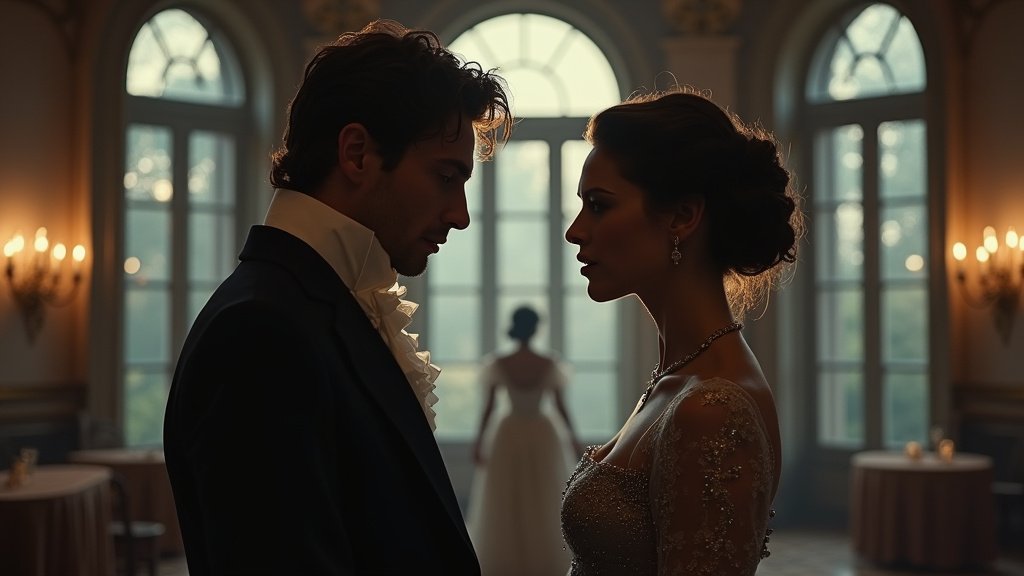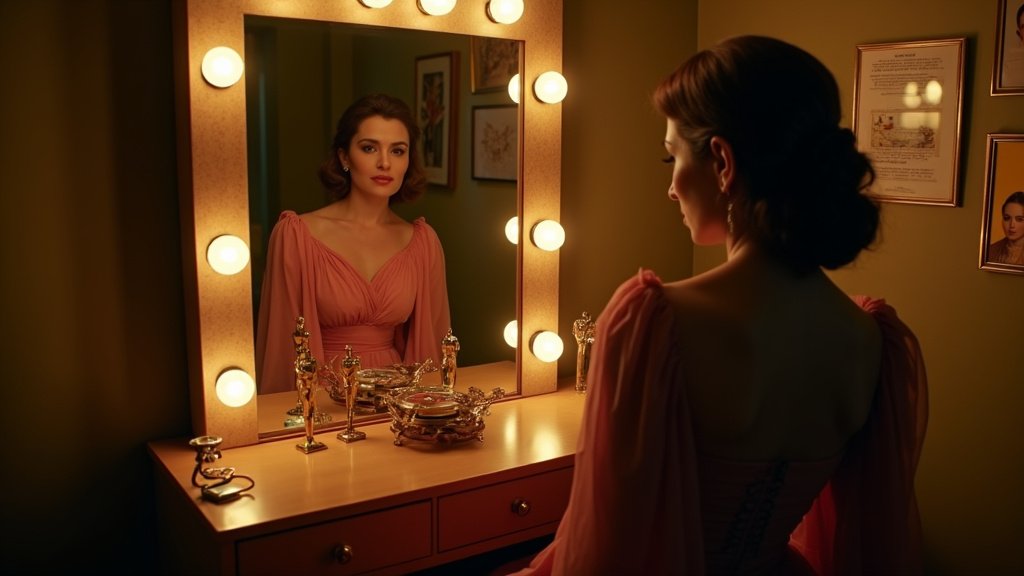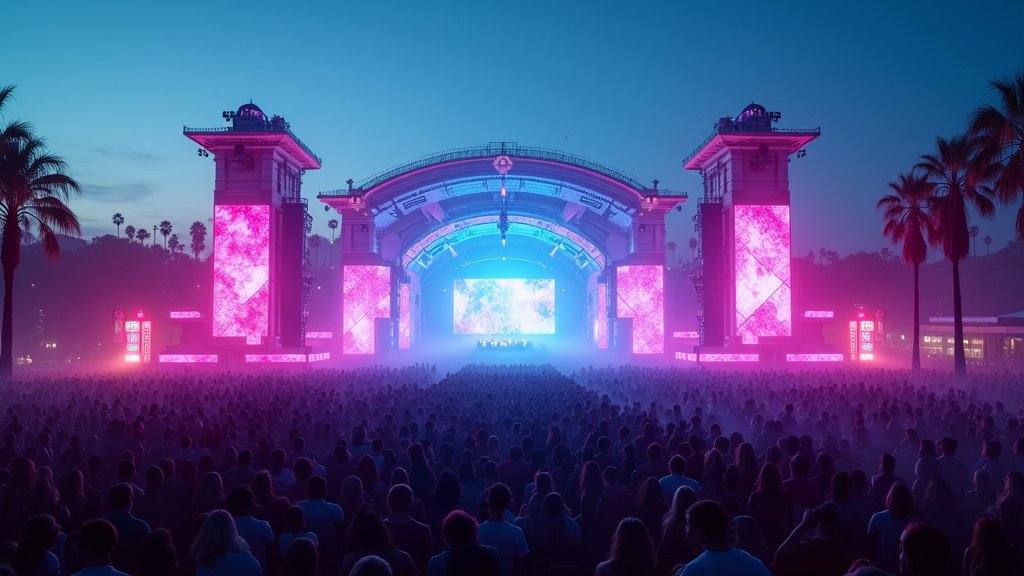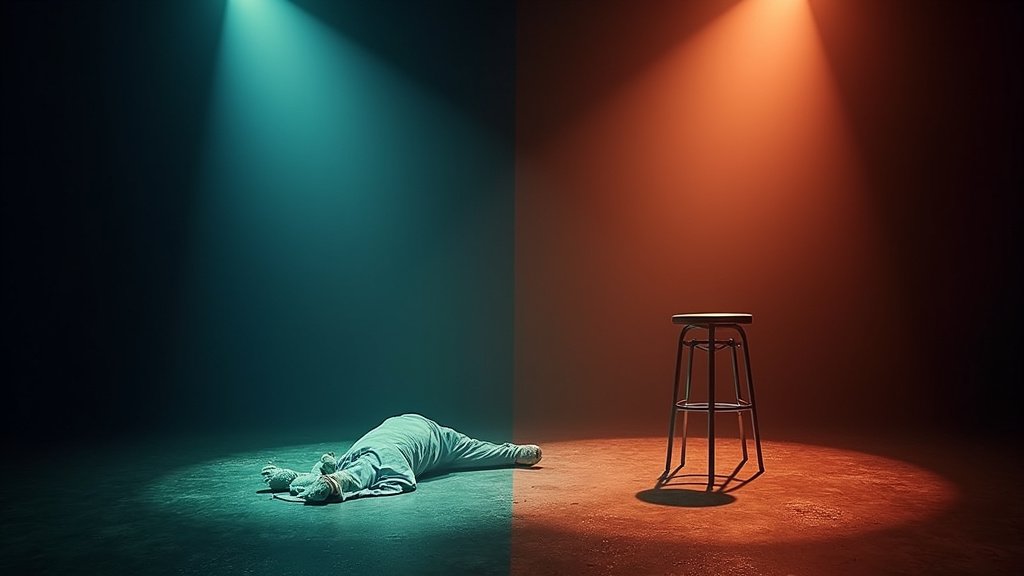A new documentary, “Lilith Fair: Building a Mystery,” is shining a spotlight on the groundbreaking music festival that shattered industry norms and celebrated female artistry. Directed by Ally Pankiw and executive produced by Dan Levy, the film delves into the origins, impact, and lasting legacy of the Lilith Fair, founded by Canadian singer-songwriter Sarah McLachlan. The documentary, which premiered at the Toronto International Film Festival and was released in the United States on September 21, 2025, features interviews with McLachlan and a constellation of artists who graced its stages.
The Genesis of a Movement
Lilith Fair was born out of Sarah McLachlan’s frustration with the prevailing music industry ethos of the 1990s, where agents and promoters often claimed that audiences wouldn’t support two female artists performing back-to-back, or even on the same bill. Determined to challenge these conventions, McLachlan embarked on a tour with Paula Cole in 1996 as a proof of concept, which led to the official launch of Lilith Fair the following summer. Named after the mythological first wife of Adam, Lilith Fair became a traveling music festival that exclusively featured women solo artists and female-led bands.
A Commercial and Cultural Triumph
The festival, which ran for three consecutive summers from 1997 to 1999 (with a brief revival in 2010), proved to be a monumental success. It consistently topped the charts, grossing $16 million in its inaugural year and becoming the top-grossing touring festival of 1997. By its third year, the festival had accumulated $52 million in total revenue. Beyond its financial triumphs, Lilith Fair also became a significant charitable endeavor, raising over $10 million for women’s charities.
Broader Impact and Enduring Influence
The success of Lilith Fair went far beyond ticket sales. It fundamentally shifted attitudes within the music business, dispelling myths that women-led tours couldn’t be commercially viable. The festival provided an unprecedented platform for a vast array of female talent, from established stars like Bonnie Raitt, Erykah Badu, Sheryl Crow, and Fiona Apple to emerging artists such as Olivia Rodrigo and Jewel. Many artists, including Christina Aguilera and Nelly Furtado, saw their careers significantly boosted by their appearances.
More than just a concert series, Lilith Fair cultivated a powerful sense of community and safety for both performers and attendees. It fostered camaraderie, offering a vital “safe space” in an industry often perceived as male-dominated. This environment allowed women artists to support, share, and collaborate with each other, breaking down the idea that they had to be competitors. The documentary “Lilith Fair: Building a Mystery” explores this pivotal era, showcasing how the festival championed gender equality in festival programming and inspired a generation.
A Legacy in Current Music News
Decades after its run, the influence of Lilith Fair continues to resonate. It laid the groundwork for greater inclusivity in music festivals and paved the way for more opportunities for women in all aspects of the music industry, from performance to production. The documentary’s release serves as a timely reminder of the festival’s profound impact, highlighting how a bold vision can create lasting change. While the festival itself is a subject of music history news, the principles it championed remain relevant, influencing how current music events strive for diversity and equity. A recent premiere event in Los Angeles for the documentary saw musical performances cancelled in solidarity with free speech, underscoring the continued cultural conversations sparked by Lilith Fair’s legacy.





